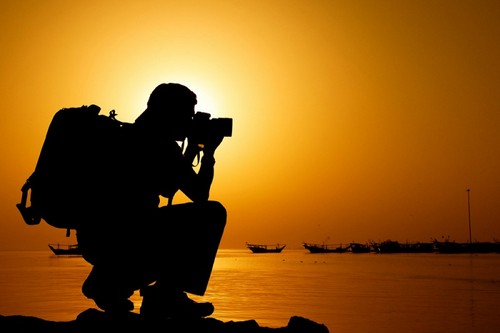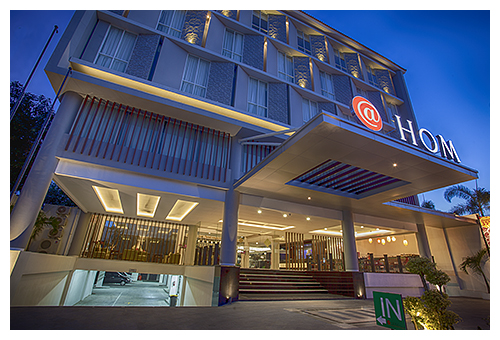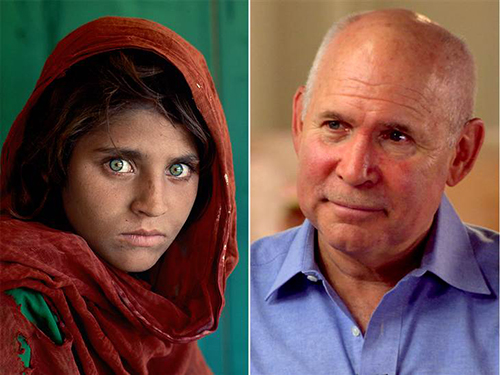
“She remembers the moment. The photographer took her picture. She remembers her anger. The man was a stranger. She had never been photographed before. Until they met again 17 years later, she had not been photographed since.”
Sharbat Ghula, often dubbed the “Afghan Girl,” would be too familiar to photographers, especially photojournalists. The “Afghan Girl” is the legendary work of a National Geographic photojournalist named Steve McCurry. Her sharp glare reflected her anger and struggle in the hardships of her life, while also depicting the eastern ethnic beauty that can get the audience bewitched. Here are some interesting facts behind the “Afghan Girl” photo by legendary photographer Steve McCurry:
1. Sharbat Gula was a refugee in Pakistan of the Aghanistan War in 1984. The photo was taken in the Nasir Bagh camp, near the Pakistan – Afghanistan border.
2. Sharbat Gula, born in 1972, was about 12 years old at the time the photo was taken.
3. Sharbat’s parents died along with several relatives and other people from her village. She continued on seeking refuge with her grandmother, taking them to the Nasir Bagh camp.
4. Steve MCCurry got the chance to photograph Sharbat while he was in the school for the refugee children. Steve McCurry was stationed in Afghanistas to cover the Afghanistan War that drove out the USSR (Soviet Russia) aggressors.
5. The photo of Sharbat Gula became the cover of National Geographic in the June 1985 edition. The cover was titled “Afghan Girl” and to this day has become an iconic photograph.
6. That iconic photo was taken by McCurry using a Nikon FM2 with a 105 mm f/2.5 Nikkor lens.
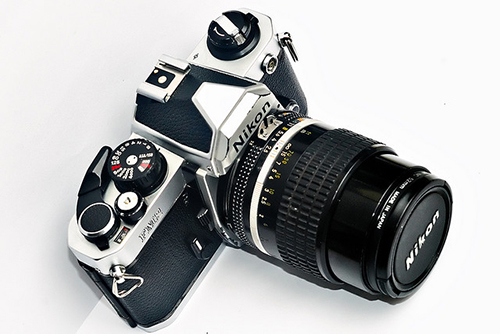
7. National Geographic photo editor of the time preferred to user another shot from McCurry; which was a photo of Sharbat Gula from a frontal angle with half her face covered. But at the last second, the magazine editor phoned the photo editor to replace it with the now famous photo we saw in the June 1985 edition.
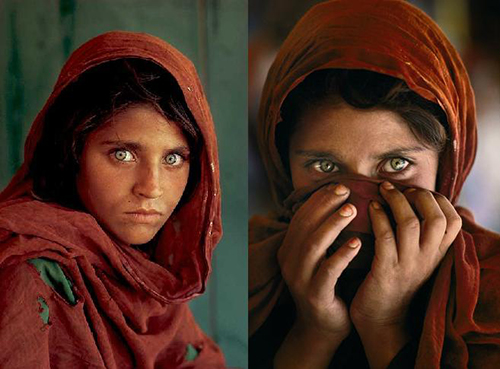
8. 17 years passed, and on January 2002, Steve and the Nat Geo team came back to the old refugee camp in Peshawar, Pakistan to search for the Afghan Girl. The girl, however, has returned to Afghanistan. Photographer and the “Afghan Girl” were then reunited in her home in the mountain village near Tora Bora.

“Time and hardship have erased her youth. Her skin looks like leather. The geometry of her jaw has softened. The eyes still glare; that has not softened. “She’s had a hard life,” said McCurry.”













